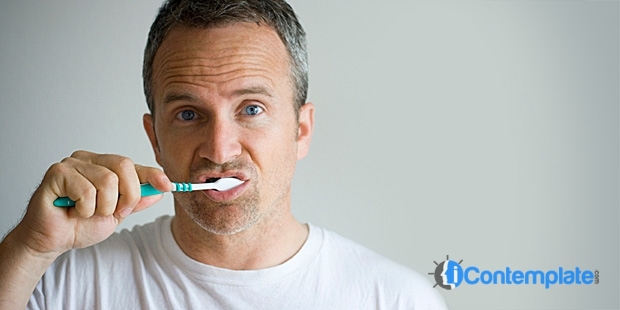The aging process naturally predisposes us to an array of health issues. When it comes to our teeth and mouth, a variety of dental problems may surface. A lifetime of consuming foods and beverages that stain the teeth, as well as the thinning of enamel results in darkened teeth. Dry mouth, a common side effect of many medications common to older adults, increases buildup of bacteria that is normally washed away by a healthy flow of saliva. Gum tissue tends to recede, leaving the roots vulnerable to rot. Gum disease is common.
While good oral health is important at any stage of life, it is particularly so now as you have a lot working against you. Here are a few tips to optimize oral health at this stage of life.
Visit a Dentist Regularly
This tip may sound painfully obvious, but this crucial tip is often one of the most overlooked. Our teeth really don’t get the love they deserve if we are honest with ourselves. But, regular visits to the dentist will keep your mouth in top form. Your dentist can offer invaluable advice and catch any issues before they balloon into more serious problems. Look for a professional that provides complete dental care for all, as they know the nuances of treating individual patient populations, such as children or older adults. Don’t wait until you have pain, as we age, the nerves get smaller and less sensitive. For this reason, by time you feel pain, a lot of damage has probably already been done, so go at least once a year regardless of whether you think you need to. Always bring a list of medications.
Proper Denture Care
Dentures need as much TLC as regular teeth, and in some respects, even more so. Like natural teeth, plaque and tartar can build up on false teeth, so clean them daily. Make sure you use a cleaner made just for dentures, not a regular toothpaste or some sort of household cleaner. To keep the lining of your mouth healthy, you should take out your dentures at least four hours out of every 24—don’t sleep with them on. Clean and massage your gums nightly after taking dentures out. Soaking your dentures helps loosen plaque and tartar. You can use a special cleaner for dentures or you can use a mix of warm water and vinegar. If you have metal clasps on yours, just stick to warm water. The soak helps loosen plaque and tartar, which will come off more easily when brushing.
Dietary Considerations
There are a few dietary considerations that are particularly helpful for older individuals. Limiting foods that are highly processed or high in sugar are particularly important at this stage in life because of the variety of other issues that you may be experiencing that lead to oral health problems, such as dry mouth from medications or advanced gum disease. Sufficient calcium intake is important to promote bone health, which includes the bones in your jaw. A breakdown of your jaw bone can lead to the teeth becoming loose or falling out completely.
There is some evidence that calcium supplements may pose risks to your health, and while not conclusive by any means, it is probably a better idea to focus on getting at least 1,000 milligrams from your diet.





